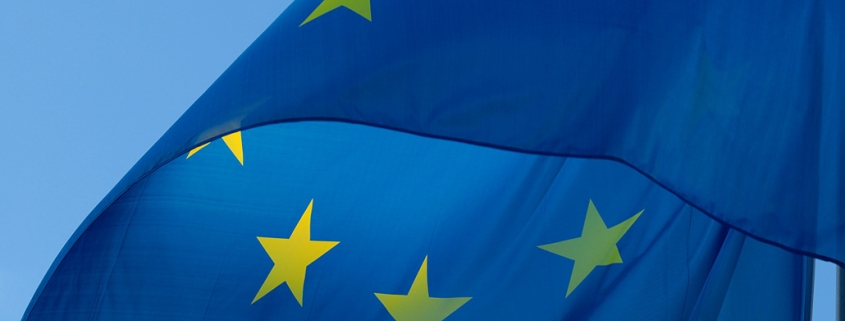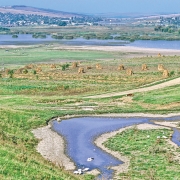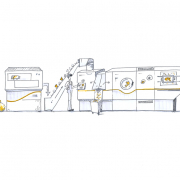The Sector and the Investment Plan for Europe
The Investment Plan for Europe, the so-called Juncker Plan, has three objectives: to remove obstacles to investment; to provide visibility and technical assistance to investment projects; and to make smarter use of financial resources.
The three elements of the plan are:
■ First, the European Fund for Strategic Investments (EFSI), which provides an EU guarantee to mobilize private investment. The Commission works together with its strategic partner, the European Investment Bank (EIB) Group.
■ Second, the European Investment Advisory Hub (http://eiah.eib.org/) and the European Investment Project Portal (https://ec.europa.eu/eipp/desktop/en/index.html) which provide technical assistance and greater visibility of investment opportunities, thereby helping proposed investment projects become a reality. The Hub is a joint venture with the EIB Group.
■ Third, improving the business environment by removing regulatory barriers to investment both nationally and at EU level.
EU action plan for the circular economy
EU Cohesion Policy supports sustainable growth by promoting water and waste management as well as environmentally-friendly and innovative clean technologies, to name but a few. Through these investments, funds play an important role in boosting the implementation of EU environmental policies, according to the EU website.The transition to circular economy will be supported financially by the European Structural & Investment Funds (ESIF). As reported by the European Commission, this financial instrument includes investing in the needed infrastructures for wastewater treatment and waste management (such as recycling), but also measures to monitor the state of the environment or developing green infrastructure. “In doing so, the environment represents a source of economic growth and new job opportunities.”
Regarding water management, to which about 15 billion Euro is allocated, the largest share of the available budget will go to wastewater treatment infrastructure in the Member States that still need to fulfill basic needs in this area, the commission describes the targets. The budget includes the construction or upgrading of wastewater treatment plants and sewerage networks, but also sewage sludge management. Further investments will contribute to the availability and security of drinking water services and to water management and conservation including water reuse.
As reported, about 5.5 billion Euro are allocated to improved waste management, including basic waste treatment infrastructure in the regions with basic needs. “These investments are in line with the waste hierarchy and based on national and regional waste management plans,” the information says. In addition, Cohesion Policy invests in innovation and supports small and medium-sized enterprises (SMEs) to help achieve the objectives of a circular economy. In the investment framework for 2014-2020, there is significant funding for waste management and support for the circular economy in innovation, SME competitiveness, resource efficiency and low-carbon investments. For these, financial resources amount to a total of 150 billion Euro. The Open Data Platform features the planned investments (https://cohesiondata.ec.europa.eu/).
_______________
Interested investors can find open and upcoming calls for funding proposals, get background information on funding processes and programs, and apply online. Information about the tendering process and opportunities for doing business with the European Commission is available at:
https://ec.europa.eu/info/funding-tenders_en
https://ec.europa.eu/commission/priorities/jobs-growth-and-investment/investment-plan-europe-juncker-plan/investment-plan-results/efsi-environment-and-resource-efficiency-sector_en
www.eib.org/efsi/#
_______________
Photo: pixabay
GR 2/2018









